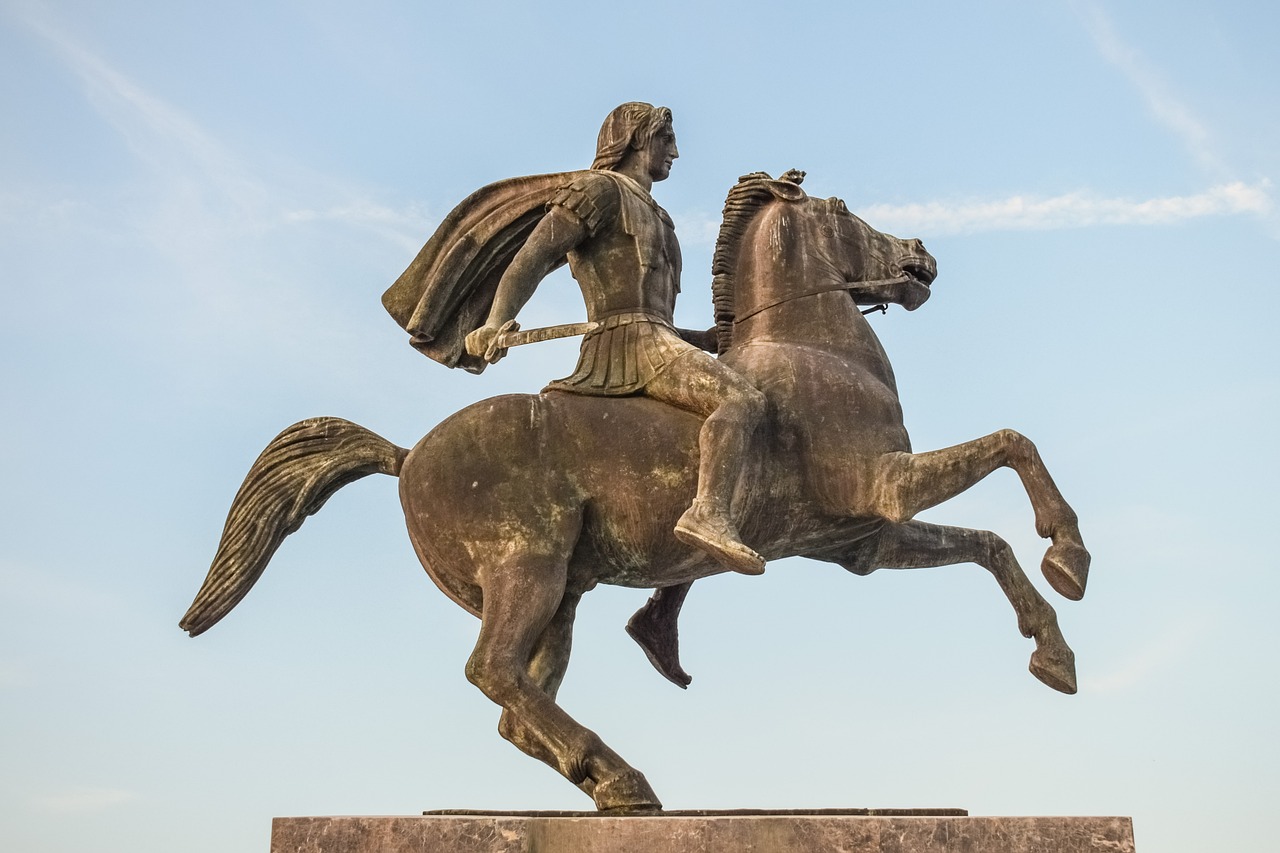The Jade Emperor and the Divine Hierarchy
In traditional Chinese religious belief, the universe is divided into three realms: Heaven, Earth, and the Underworld, with each domain populated by significant deities and spirits. The reign of the Heavenly Domain is under the esteemed Jade Emperor, a prominent figure who governs a vast assembly of revered gods worshipped across the nation. Those who have led virtuous lives are granted passage into this celestial expanse after death, crossing the ‘silver bridge’ to be reborn among the divine.
THE JADE EMPEROR AND THE HEAVENLY ADMINISTRATION
The Jade Emperor, also referred to as Yuhuang or Yudi, is viewed as the supreme ruler of Heaven, similar to a human emperor presiding over a court filled with essential deities within the Chinese pantheon. The longstanding belief holds that the perception of gods within Chinese culture mirrors the country’s bureaucratic frameworks, suggesting that the political structure of human governance serves as a model for divine hierarchy. Residing atop this celestial bureaucracy is the Jade Emperor, akin to the human emperor, known as the Son of Heaven (Tianzi), who governs Earth.
The heavenly administration is organized into distinct departments, each overseen by deities assigned specific responsibilities. For example, the gods in charge of local jurisdictions, known as the Gods of Walls and Moats (or City Gods), operate within their respective areas. Beneath these local deities, the Gods of the Hearth, or Kitchen Gods, represent individual families, monitoring their well-being and reporting on their actions. Moreover, there exist gods within each person, who accompany them throughout their lives and carry records of their moral conduct into the afterlife. The lowest tier of this divine bureaucracy includes the ten Magistrates of Hell, who oversee the fate of spirits transitioning through purgatory, managing their reports, and administering their punishments.
The bureaucratic underpinnings of this divine structure extend into Chinese religious art, temple designs, and rituals. For the uneducated peasantry of the past, the bureaucratic essence of gods was evident in their depictions; deities were often illustrated in the attire of government officials. Temples were constructed to resemble imperial palaces, consisting of audience halls where worshippers approach the deities with appropriate reverence. Many rituals replicating bureaucratic protocols further illustrate this connection, as devotees rely on literate individuals to articulate their prayers accurately, which are commonly transmitted to the divine realm through fire.
It is worth mentioning that contemporary scholarship has prompted a reevaluation of the notion that Chinese gods primarily embody bureaucratic principles. Rising inquiries question whether the relationship between the human and divine realms should be perceived as fundamentally different with one hierarchy superseding the other, or if both spheres reflect a unified expression of authority. Alternative perspectives suggest that many important deities in Chinese faith are not necessarily approached through bureaucratic frameworks.
DEITIES AT THE JADE EMPEROR’S COURT: MAZU AND GUAN YU
The pantheon present in the Jade Emperor’s Court reflects a wide array of revered deities throughout China. Each village traditionally hosted its temple, dedicated to multiple gods, including a significant protective figure for the community. While the specific gods could vary from one village to another, it was commonly acknowledged that they all ultimately originated from Heaven.
Notable deities, such as Mazu (also known as Tian Hou, or “Empress of Heaven”), are intimately associated with the sea and regarded as guardians for fishermen. Another important figure is Guan Yu (or Guandi, “Emperor Guan”), revered for his ties to warfare and valor. Both Mazu and Guan Yu were believed to be mortals who became deities posthumously due to their admirable conduct. Mazu is noted as Lin Moniang, an exceptional young woman from the 10th century, while Guan Yu was an eminent warrior from the late Han dynasty (206 BCE-220 CE).
APPROACHING THE DIVINE
The populace tended to regard most gods with a mix of reverence and a desire for negotiation. While they were worshipped and prayed to, they could also be placated through offerings and bribes. Deities sometimes ventured to the earthly realm, possessing a certain limited authority to both assist and challenge individuals. The gods also exhibited personal quirks, causing them to become irritable or angry. Therefore, it was crucial for worshippers to maintain favor and refrain from provoking the deities.
ASCENDING TO DIVINITY
In theory, individuals who exemplified virtuous lives could aspire to achieve godhood after death. Following an escort from the local City God to the Underworld and standing judgment before one of the ten Magistrates of Hell, an exemplary soul could be granted release and choose to cross the Silver Bridge, signaling a rebirth as a deity. Yet, it was generally acknowledged that few individuals acquired this opportunity for transcendence.



